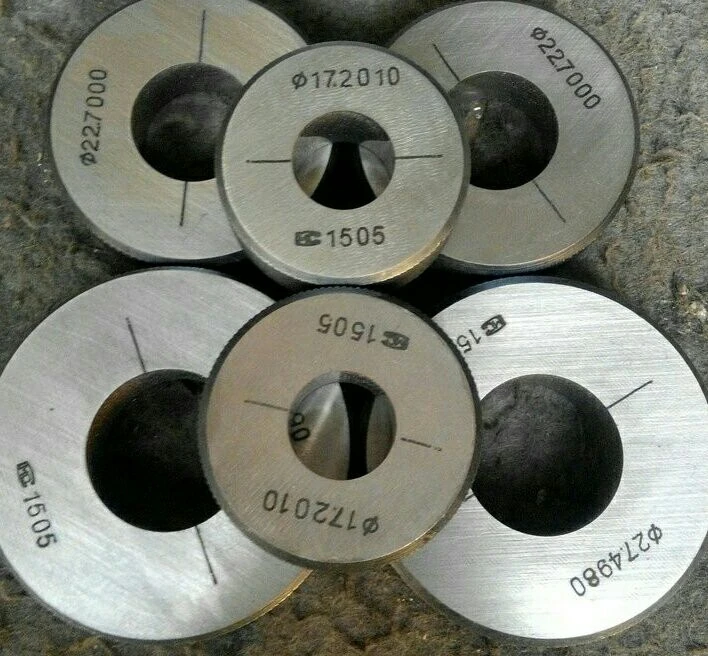دېكابىر . 28, 2024 10:24 Back to list
bore gauge types
Understanding Bore Gauge Types A Comprehensive Overview
Bore gauges are indispensable tools in precision engineering, especially when it comes to measuring the internal diameters of cylindrical objects, such as pipes, holes, or cylinders. Accurate measurements are critical in various industries, including automotive, aerospace, and manufacturing, where tolerances are tight, and quality control is paramount. This article explores the different types of bore gauges, their functions, advantages, and applications.
What are Bore Gauges?
A bore gauge is a measuring instrument designed to assess the internal diameter of a bore, which can be difficult to measure accurately with conventional calipers. They come in various forms, each suited for specific applications and levels of precision. The primary goal of a bore gauge is to provide accurate and repeatable measurements that can ensure the components fit together perfectly.
Types of Bore Gauges
1. Dial Bore Gauges Dial bore gauges are one of the most common types used in the industry. This gauge features a dial indicator that displays the diameter of the bore. The device includes a set of contact points that expand within the bore's interior, allowing for precise measurement readings. Dial bore gauges can provide measurements within micrometer tolerances and are favored for their ease of use and reliability.
2. Electronic Bore Gauges As technology evolves, electronic bore gauges have gained popularity due to their advanced features. These gauges utilize digital displays that provide direct readouts of measurements in real time. Many electronic bore gauges come equipped with data output capabilities, allowing them to connect to computers for further analysis and record-keeping. They often include advanced features such as data storage, statistical process control, and even wireless connectivity.
3. Comparator Bore Gauges Comparator bore gauges use a reference standard to measure and compare the bore size. These gauges typically rely on an electronic or mechanical dial indicator that indicates deviations from a predetermined standard. Comparator gauges are particularly useful for quick checks and gauging parts that must meet specific tolerances without the need for extensive calibration.
bore gauge types

4. Tapered Bore Gauges Tapered bore gauges are specifically designed to measure the taper of a bore or hole. Often used in applications such as engine cylinder measurement, these gauges feature a tapered design that expands as it moves deeper into the bore. This design allows for an accurate representation of the bore's shape, making them essential for parts requiring a specific taper.
5. Plug Gauges Plug gauges are simpler tools used to check the basic size of a bore. They come in fixed diameters and are inserted into the bore to assess whether it is within specified tolerances. While not as sophisticated as other types of bore gauges, plug gauges are often used in conjunction with other measuring tools to quickly verify dimensions.
Advantages of Using Bore Gauges
The primary advantages of employing bore gauges in measurement processes include - Precision Bore gauges provide highly accurate measurements, essential for products where fit and function are critical. - Ease of Use Many gauges are designed with user-friendly interfaces, making them accessible even for less experienced operators. - Versatility Different types of bore gauges can be selected based on the specific needs of the job, such as internal diameter, taper, or depth measurement. - Time Efficiency Quick measurement processes can significantly reduce quality control time, enhancing overall productivity.
Applications of Bore Gauges
Bore gauges are used extensively across various sectors - Manufacturing In the production of precision parts, bore gauges ensure compliance with specifications. - Automotive Mechanics use bore gauges to measure engine cylinders, ensuring proper clearances for pistons and rings. - Aerospace In the manufacturing of aircraft components, precise measurements are crucial for safety and performance.
Conclusion
In conclusion, bore gauges are essential instruments in modern manufacturing and engineering, facilitating precise internal measurements across various applications. Understanding the different types of bore gauges, their advantages, and their specific uses can significantly enhance measurement accuracy and quality control processes within industries. As technology continues to advance, bore gauges will likely evolve further, incorporating cutting-edge features that enhance their functionality and user experience.
-
Why Metric Trapezoidal Thread is Ideal for Precision Motion ControlNewsAug.05,2025
-
The Unique Properties of a Block of Granite for Industrial UseNewsAug.05,2025
-
The Role of Flanged Y Strainers in Preventing Pipeline ClogsNewsAug.05,2025
-
The Importance of Regular Calibration for Master Ring GagesNewsAug.05,2025
-
How a Cast Iron Surface Table Enhances Accuracy in ManufacturingNewsAug.05,2025
-
Comparing Different Check Valve Types for Optimal Flow ControlNewsAug.05,2025
Related PRODUCTS









